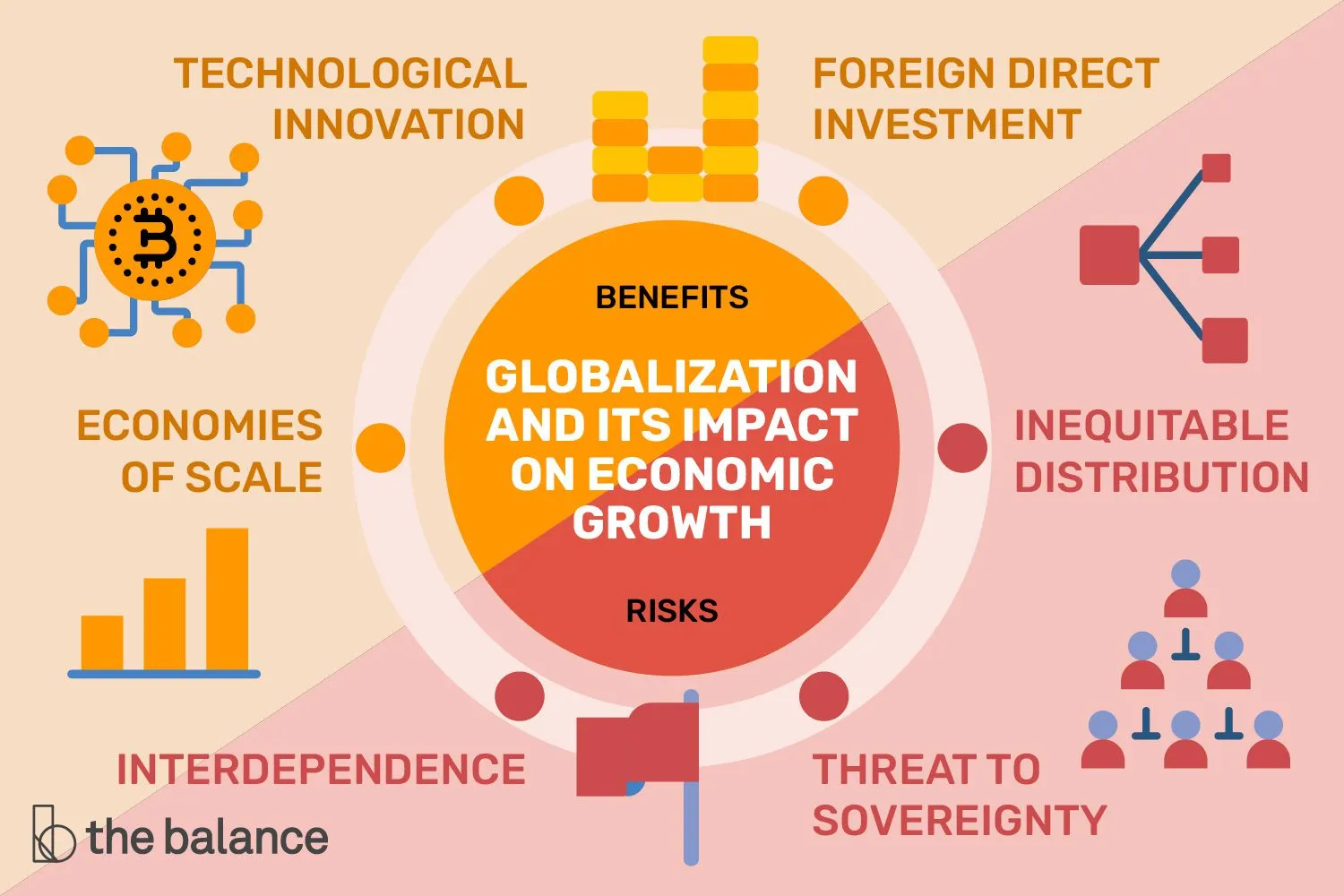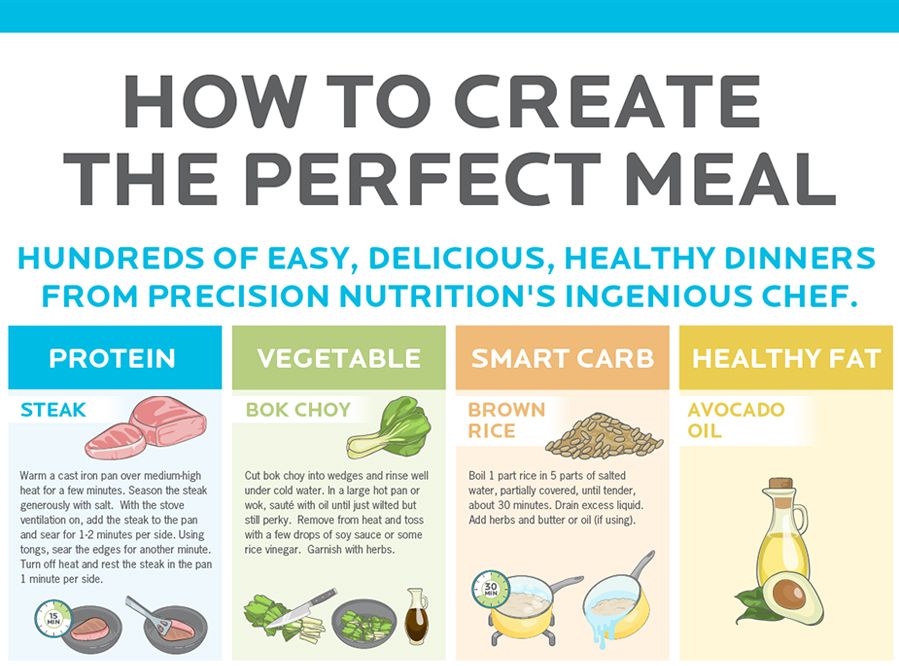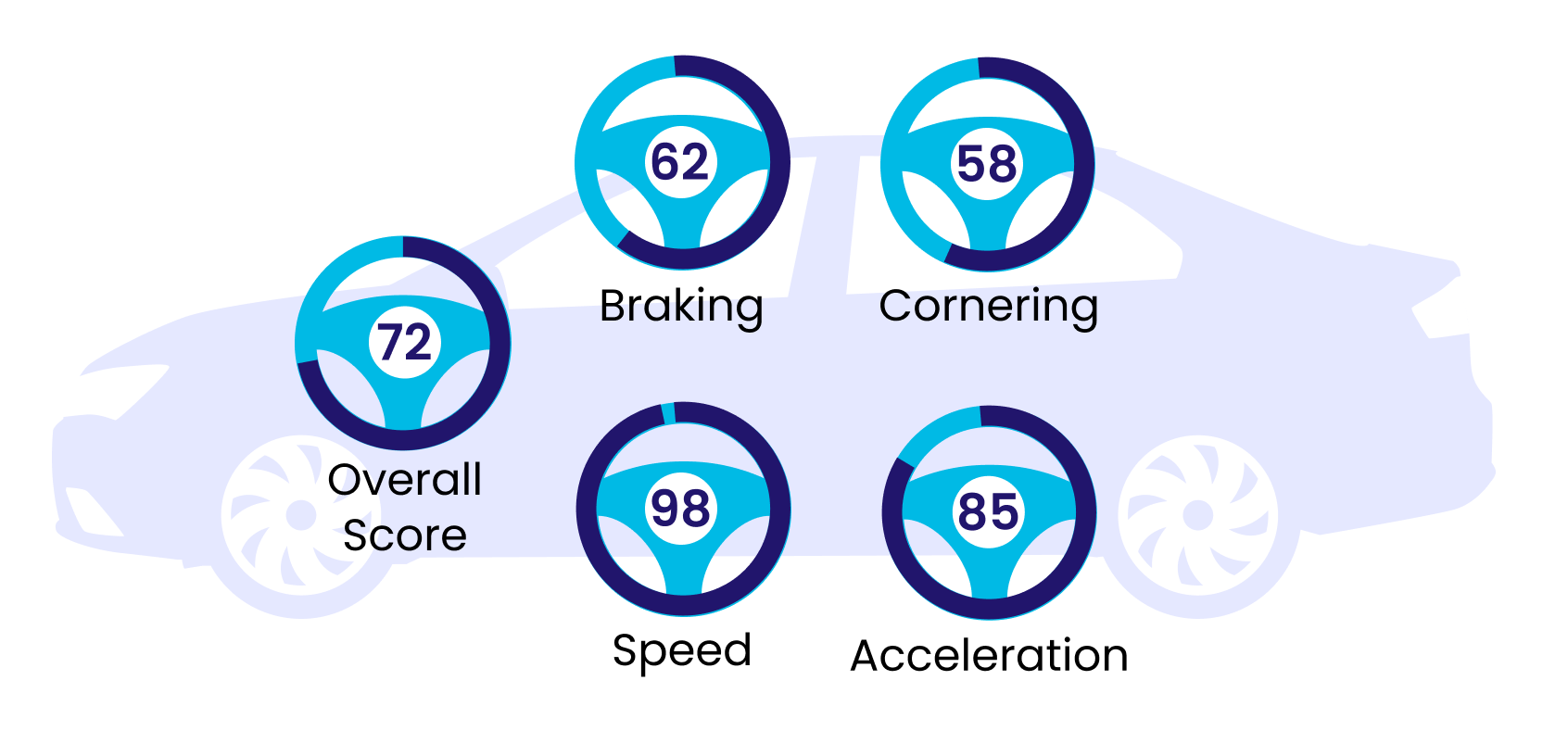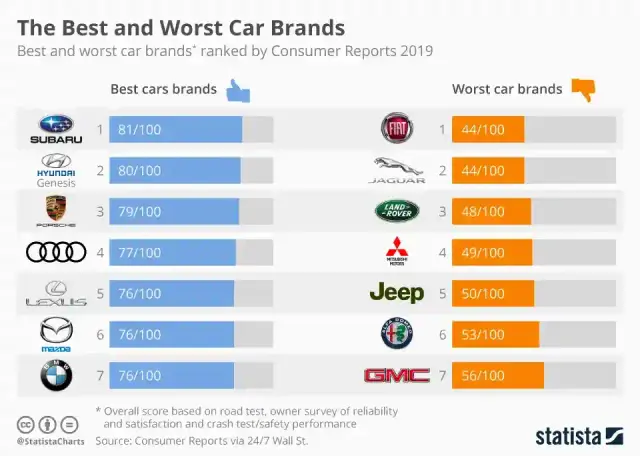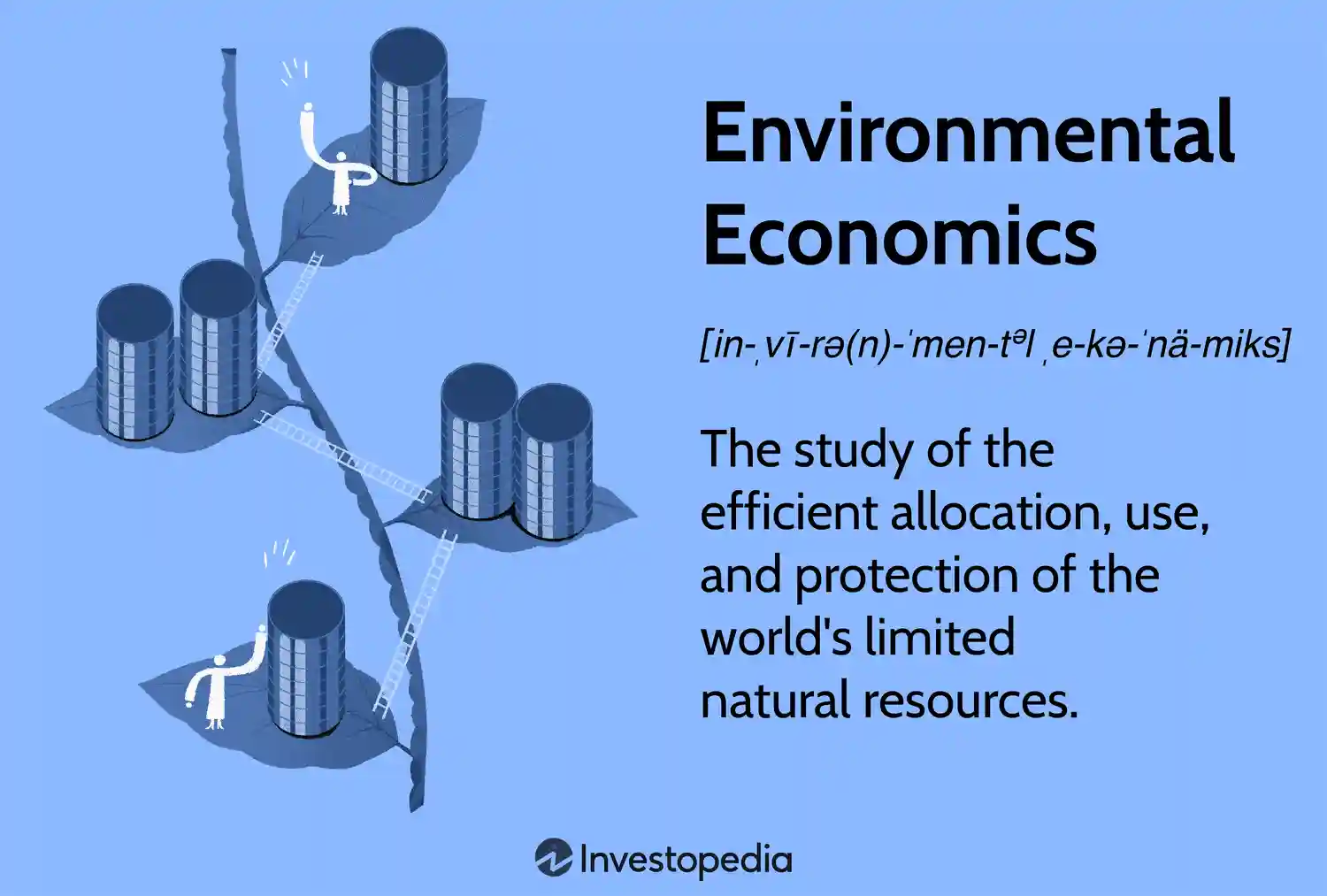Artificial Intelligence: Myths vs. Reality
Mia Wilson

Photo: Artificial Intelligence: Myths vs. Reality
Artificial Intelligence (AI) is a transformative technology that has sparked both excitement and apprehension in equal measure. As AI continues to advance and integrate into various aspects of our lives, it is essential to distinguish between the myths and realities surrounding this innovative field. This article aims to demystify AI by exploring common misconceptions, providing an honest assessment of its capabilities, and offering a balanced perspective on its potential and limitations.
Unraveling AI Myths
AI is Sci-Fi Fantasy
One of the most pervasive myths is the portrayal of AI in science fiction, often as sentient robots or all-powerful supercomputers. While these depictions capture the public's imagination, they create an unrealistic expectation of AI's current capabilities. Modern AI systems are far from the intelligent, autonomous beings seen in movies. Instead, they are sophisticated tools designed to perform specific tasks, from image recognition to natural language processing. Understanding this distinction is crucial in managing expectations and appreciating the practical applications of AI.
AI Replaces Human Jobs
The fear of AI taking over jobs is another widespread concern. While it's true that AI can automate certain tasks, it is essential to recognize that it often enhances rather than replaces human labor. AI excels at handling repetitive, data-intensive tasks, allowing humans to focus on more creative, strategic, and complex responsibilities. For example, in healthcare, AI can analyze medical images and assist in diagnosis, but it cannot replace the empathy and nuanced decision-making skills of healthcare professionals. A balanced approach to AI integration in the workforce involves identifying tasks that can be automated and those that require human expertise.
AI is Infallible
The belief that AI is infallible and unbiased is a dangerous misconception. AI systems are only as good as the data they are trained on and the algorithms designed by humans. Biases in data or flawed algorithms can lead to inaccurate or unfair outcomes. For instance, facial recognition technology has been criticized for its racial and gender biases, highlighting the importance of ethical considerations in AI development. It is crucial to acknowledge that AI is a tool that requires careful oversight and continuous improvement to ensure its reliability and fairness.
AI's Current Reality
AI in Everyday Life
AI has already become an integral part of our daily lives, often in ways we might not even realize. Virtual assistants like Siri and Alexa use natural language processing to understand and respond to our queries. Recommendation systems on streaming platforms and e-commerce websites utilize AI to personalize content and product suggestions. Self-driving cars and advanced driver-assistance systems rely on AI to perceive and navigate the environment. These applications demonstrate AI's ability to enhance convenience, efficiency, and safety in various domains.
AI in Industry
The impact of AI on industries is profound, driving innovation and transforming business operations. In healthcare, AI is used for drug discovery, medical imaging analysis, and personalized medicine. The financial sector employs AI for fraud detection, risk assessment, and algorithmic trading. Manufacturing benefits from AI-powered predictive maintenance, quality control, and process optimization. These industry applications showcase AI's potential to increase productivity, reduce costs, and enable new business models.
AI for Social Good
Beyond commercial applications, AI is being harnessed for social good. In healthcare, AI-based systems are being developed to improve access to medical services in underserved areas. AI-powered chatbots and mental health apps provide support and resources to those in need. In environmental conservation, AI is used for wildlife monitoring, climate change research, and sustainable resource management. These examples demonstrate how AI can address societal challenges and contribute to positive global impact.
Future Prospects and Challenges
Advancements and Ethical Considerations
The future of AI holds exciting possibilities, including more advanced machine learning techniques and increased integration of AI into everyday life. However, this progress must be accompanied by ethical considerations. As AI becomes more powerful, addressing concerns around privacy, data security, and algorithmic transparency becomes crucial. Ensuring that AI is developed and deployed responsibly, with a focus on fairness, accountability, and transparency, is essential for building public trust and realizing AI's full potential.
Human-AI Collaboration
The future of work will likely involve a harmonious collaboration between humans and AI. As AI takes on more complex tasks, humans will need to adapt and develop new skills to work alongside intelligent machines. This collaboration can lead to increased productivity and innovation, but it requires investment in education and training to ensure the workforce is equipped for this evolving landscape.
Conclusion
Artificial Intelligence is a powerful tool with immense potential, but it is not without its limitations and challenges. By dispelling myths and understanding the current reality, we can make informed decisions about AI's role in our lives. As AI continues to evolve, society must embrace its benefits while addressing ethical concerns and fostering human-AI collaboration. The responsible development and deployment of AI will ensure that its impact is positive and beneficial for all.
In conclusion, separating AI myths from reality is essential to navigating the complex landscape of this transformative technology. By recognizing AI's capabilities and limitations, we can harness its power to drive innovation, improve lives, and shape a future where humans and machines work together for the betterment of society.
For You
View AllLearn how globalization impacts economies worldwide, from trade to employment. Click for a balanced analysis!
Mia Wilson
Learn how to create a nutritious meal plan that supports your health goals. Start planning your balanced diet today! Get started now.
Mia Wilson
Discover how usage-based insurance works and how it can save you money. Learn tips for smarter, personalized coverage today!
Mia Wilson
Discover the top performance car brands that dominate the market with speed, style, and innovation. Find your dream car now!
Mia Wilson
Explore the basics of environmental economics and how it links the economy to sustainability. Click to learn key insights!
Mia Wilson
Discover the incredible benefits of solo travel. From personal growth to ultimate freedom, find out why going solo is life-changing!
Mia Wilson
Health




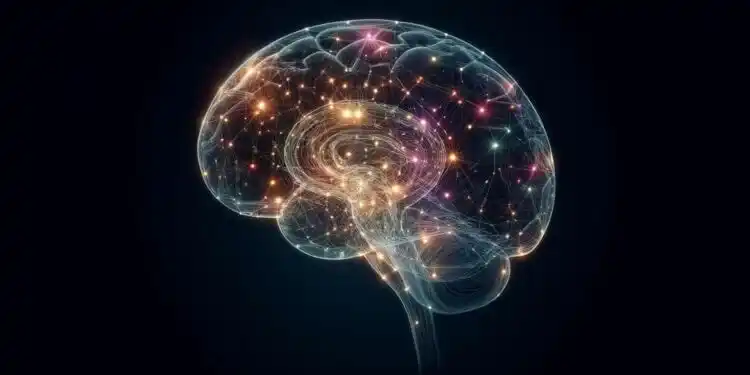


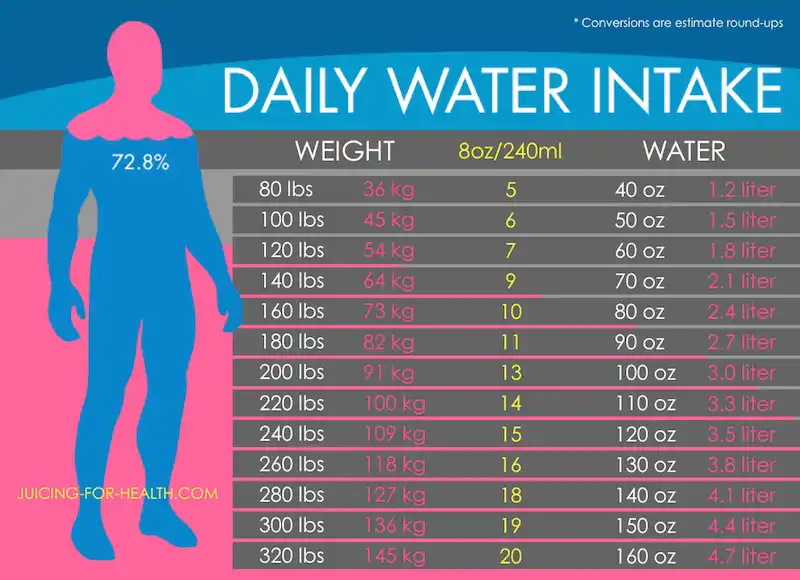
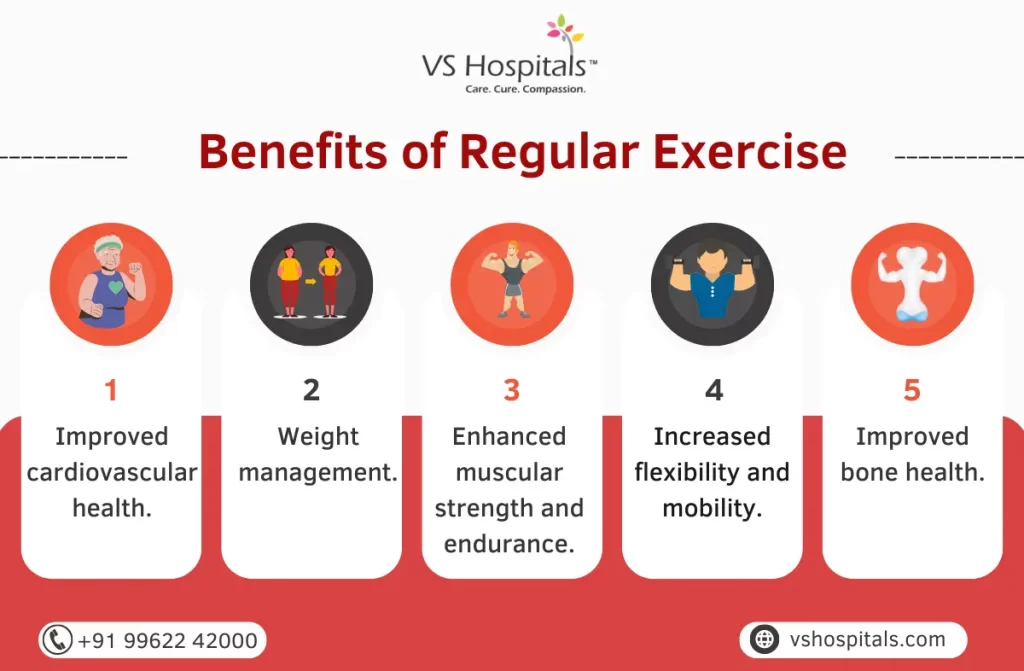

Education
View All
May 16, 2025
What Does PLC Stand for in Education?
Explore what PLCs are, their role in professional learning, and how they improve teaching outcomes. Learn more now!

May 19, 2025
What Is Tertiary Education?
Understand tertiary education, its levels, and how it prepares students for advanced careers. Explore your options now!
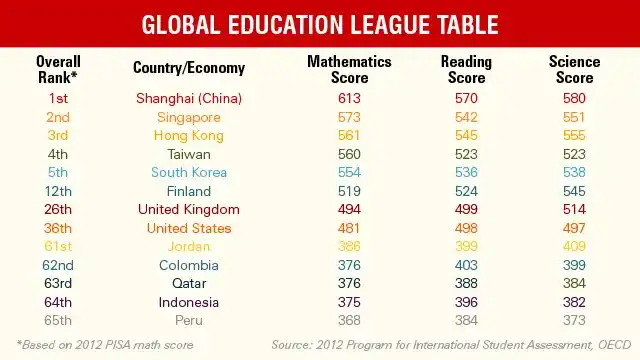
May 12, 2025
Where Does the US Rank in Education?
Explore the US education ranking globally, factors influencing its position, and what it means for the future. Get insights now!
